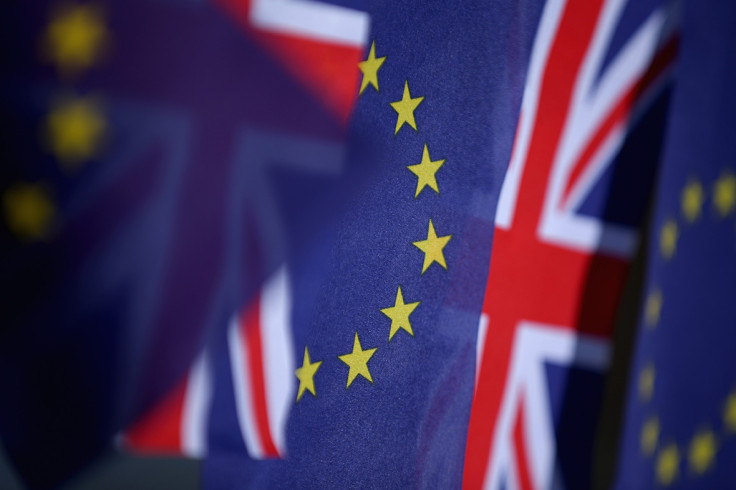EU referendum: Brexit is 'complicating the task' for the Bank of England

The Bank of England (BoE) held rates steady at its policy meeting last Thursday (14 April) but its comments pointed to a "clear and present risk" regardless of the outcome of the upcoming referendum on Britain's membership in the European Union (EU), credit rating agency Standard & Poor's said. The BoE left the bank rate unchanged at 0.5% for the 86th consecutive month, even though inflation grew from 0.3% in February to 0.5% in March, reaching its highest level since December 2014.
However, for the first time, the BoE's Monetary Policy Committee (MPC) indicated the uncertainty around Britain's role in the EU could significantly complicate the task it faces.
On Monday (18 April), Standard & Poor's (S&P) warned that the comments from the MPC highlighted how Threadneedle Street officials believe even the best-case scenario could see no winners emerging from the referendum.
"The bank's comments suggest that stay or leave, the Brexit referendum could be a lose-lose proposition: a vote to stay would lead to spikes in foreign exchange rates, hurting exports and making the pursuit of higher inflation even more uncertain," said Jean-Michel Six, S&P's chief economist for Europe, the Middle East and Africa.
"On the other hand, an exit vote could cause a run on sterling and a spike in yields, hurting investors and consumer confidence."
Last week, the MPC indicated the uncertainty surrounding the outcome of the 23 June referendum was leading to an increased risk premium on some UK assets, although its overall impact on financial conditions was less clear.
The committee also said that the sharp depreciation that has affected the pound in recent months − the UK currency has lost 10% since November − could also be largely attributable to the uncertainty around Britain's role in the EU.
"The pound is likely to remain volatile regardless of the outcome of the June referendum, hurting investor sentiment at a time when the current account deficit is at a 61-year high, and making the pursuit of higher inflation more uncertain," said Six.
However, sterling's decline should, in principle at least, favour British companies exporting abroad.
© Copyright IBTimes 2025. All rights reserved.






















